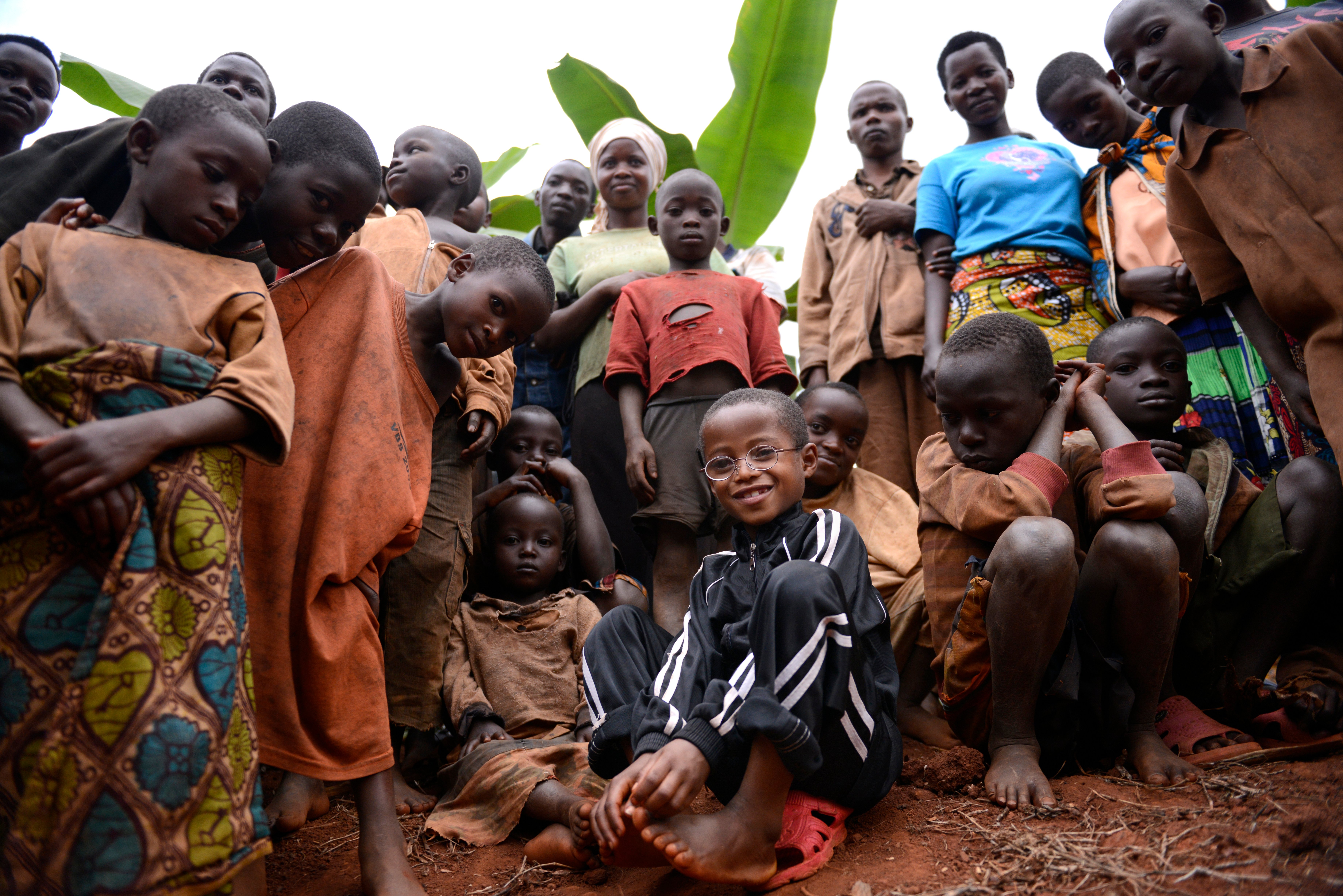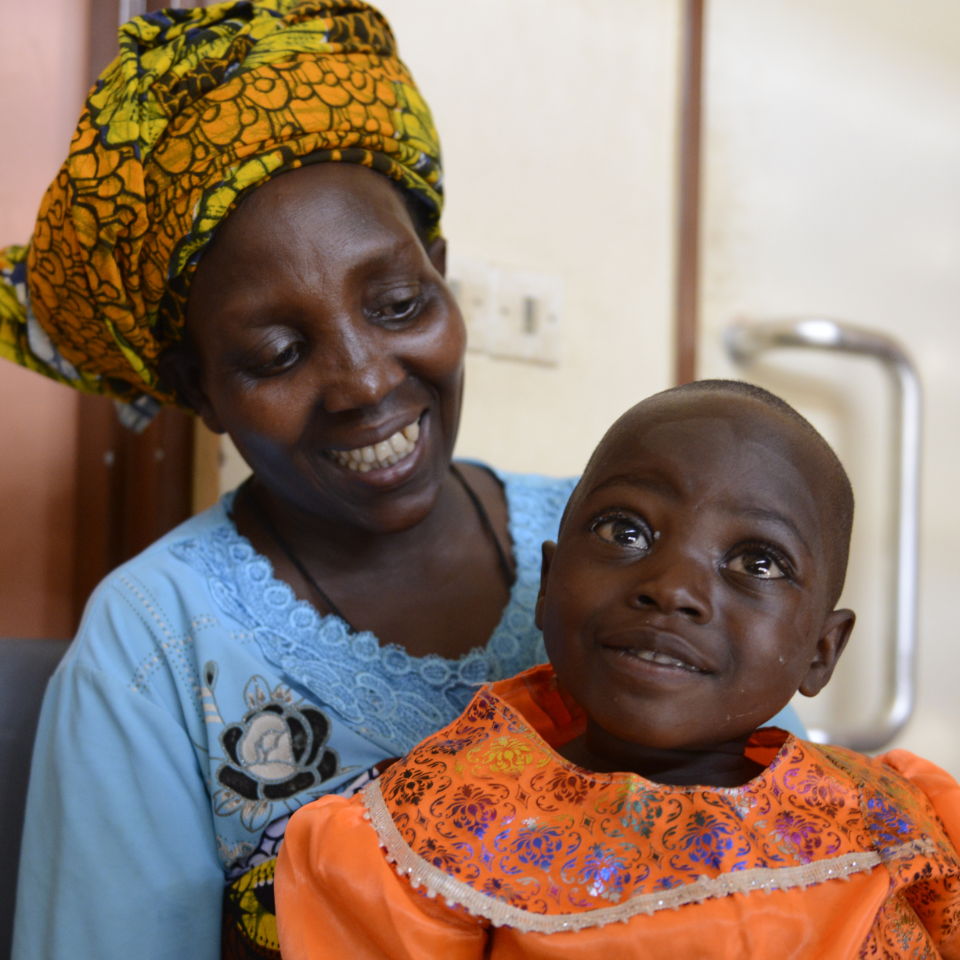Leonides's Story
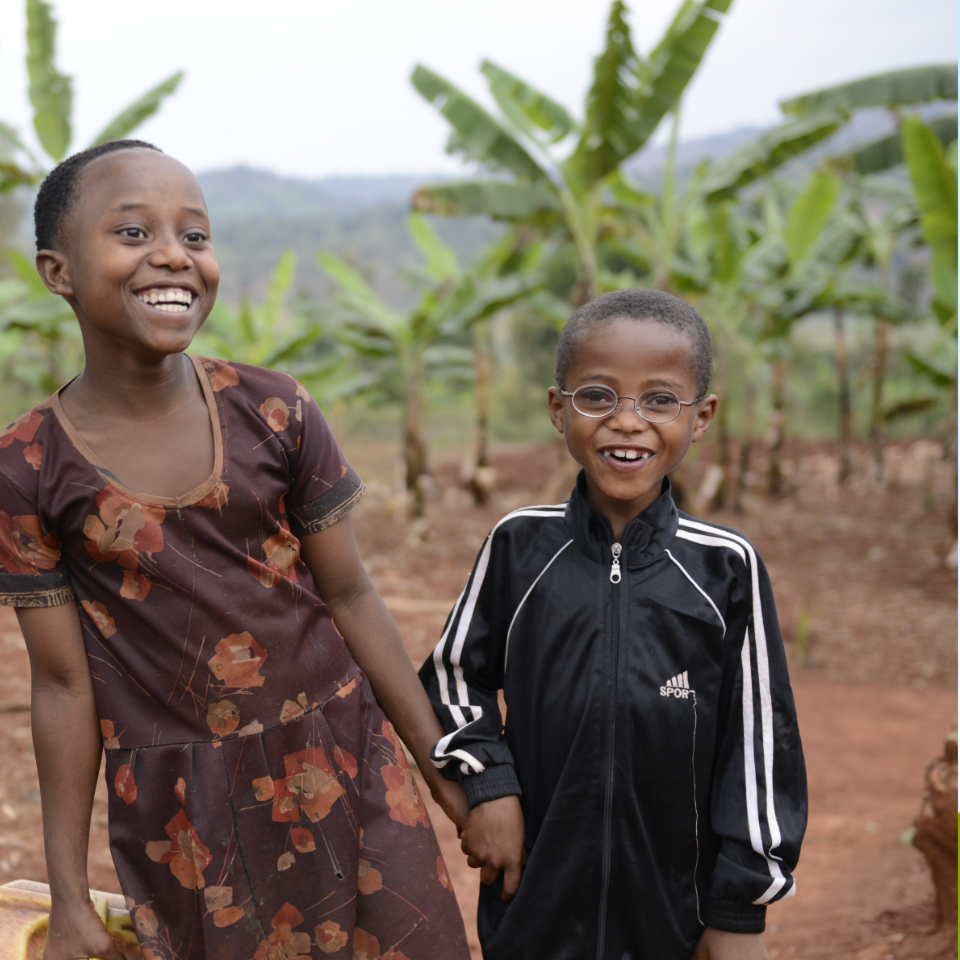
When you're young, the world unfolds in front of your eyes. But for seven-year old Leonides, the wonder of his early years was diminished by childhood blindness. In his small mud-brick house, Leo lived every day in darkness.
Leonides, his siblings, and their mother Juliette live in a small village in Burundi, one of the poorest countries in the world. For two years, Leonides lived with cataract blindness. Burundi has a precarious public healthcare system and Juliette couldn’t afford the transport to an eye hospital - let alone the medical treatment Leonides needed.
A child who was suffering
For any child with cataract blindness, early intervention is critical. Our brains have almost completely developed by the age of 10, and if the correct visual pathways haven’t formed by this age, the eye may never be able to process visual stimuli.
Leo had been blind for two years and, every day, he would sit in his house, facing a dark future.
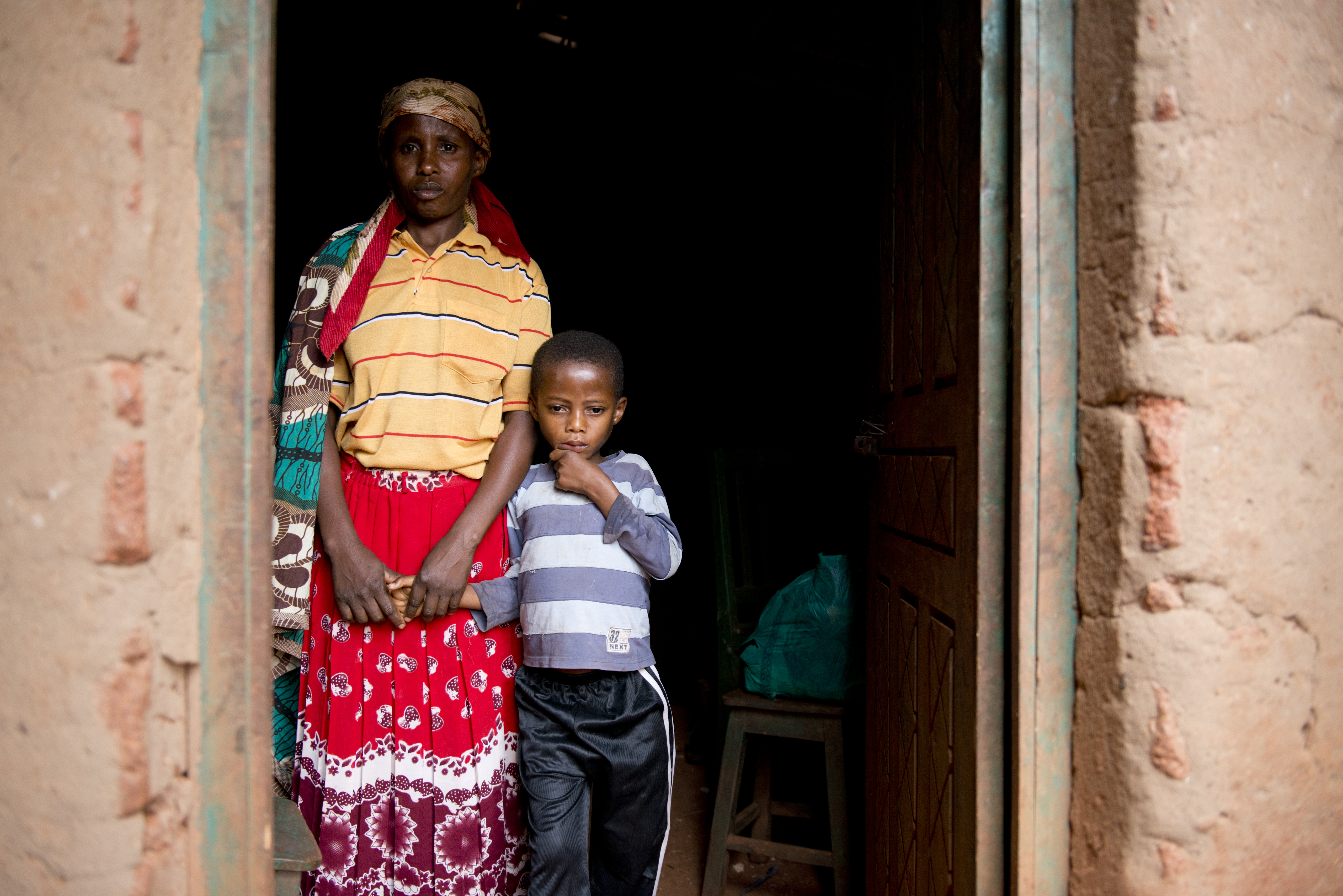
As the days ticked by, he grew more withdrawn – and a possible lifetime of blindness loomed. He couldn’t go to school, he couldn’t play sport, and his participation in village life was limited. Sometimes he would kick the walls out of frustration.
"He does nothing, he does nothing."
- Juliette, Leonides' mum
A mother who wouldn’t give up
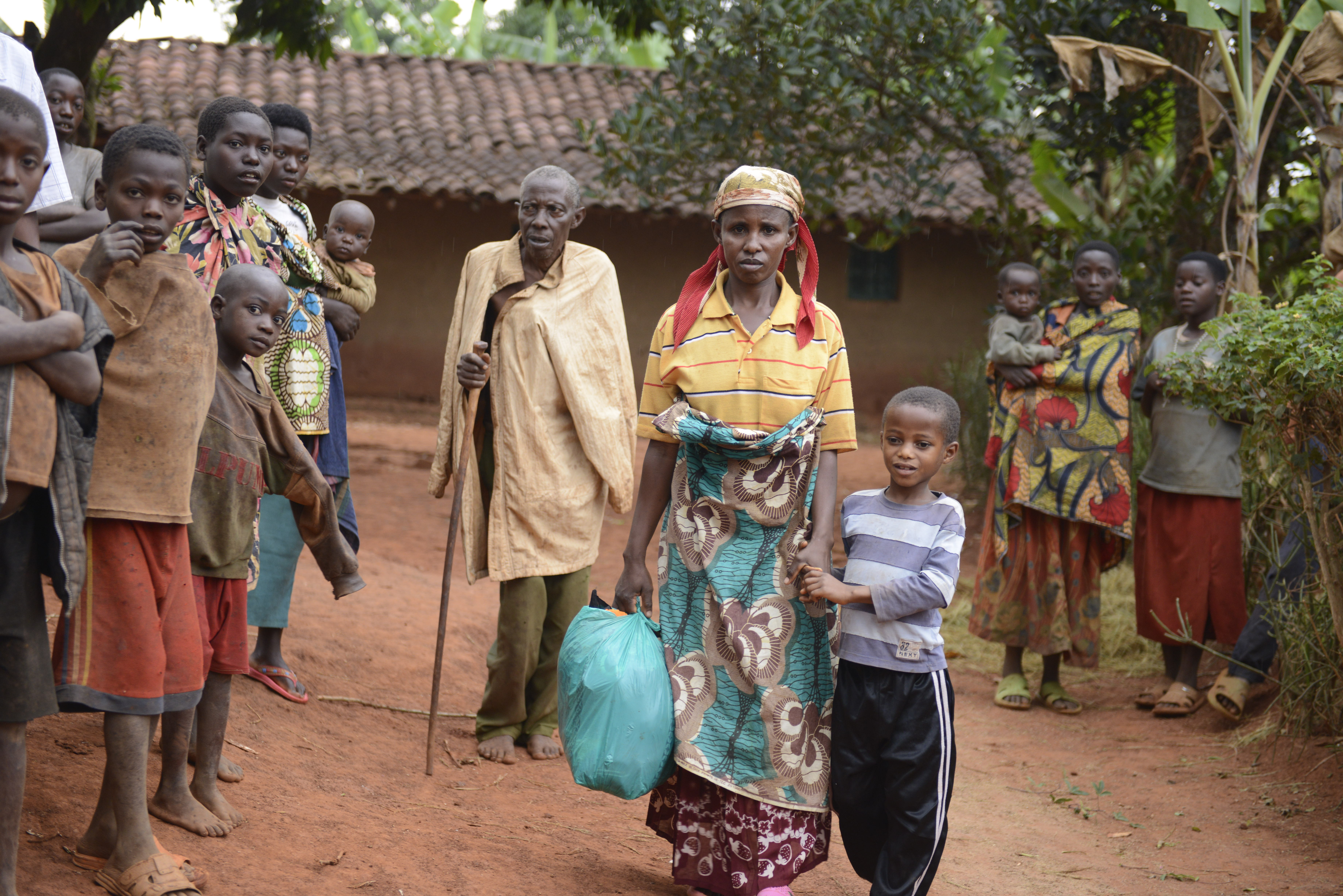
Juliette was deeply saddened by the unhappiness she saw in her little boy. Childhood blindness in a country like Burundi can be a death sentence, and she couldn’t accept this fate for her little boy.
Despite the fact that there is only one paediatric eye-doctor in Burundi, Juliette would not give up. One day she heard about a clinic supported by The Fred Hollows Foundation and trekked all day to get there.
"The mother is really brave. She went to see the biggest hospital in her region, they couldn’t help her. She went to the only place there's eye care surgery and they weren’t doing kids."
– Dr Levi Kandeke (operating surgeon)An emergency surgery
After hearing about Leo’s plight, our team drove this shy boy for five hours from his village to Bujumbura, the capital of Burundi, where he could meet Dr Levi Kandeke.
"The earlier to do surgery, the better the outcome. It’s… an emergency for every kid with cataract."
- Dr Levi Kandeke
It was a long and difficult surgery, further complicated by Leo’s young age and the progression of his cataracts, but finally Dr Levi was able to remove both cataracts and insert intraocular lenses in Leo’s eyes.
A child transformed
Leo returned to the village, and with each passing hour, his excitement grew. A joyful welcome awaited him at the village, as neighbours, family and friends erupted in song and dance.
Even more joyous was the small and wondrous smile that flickered across Leo’s face when he picked up a pencil, carried water, and participated in games with other children.
Juliette couldn’t believe the change in Leo. She clapped her hands to the song and watched with delight as much of his frustration and pain evaporated.
Over and over, she said “Murakoze, murakoze, murakoze,” which in her language, Kirundi, means “Thank you, thank you, thank you.”
